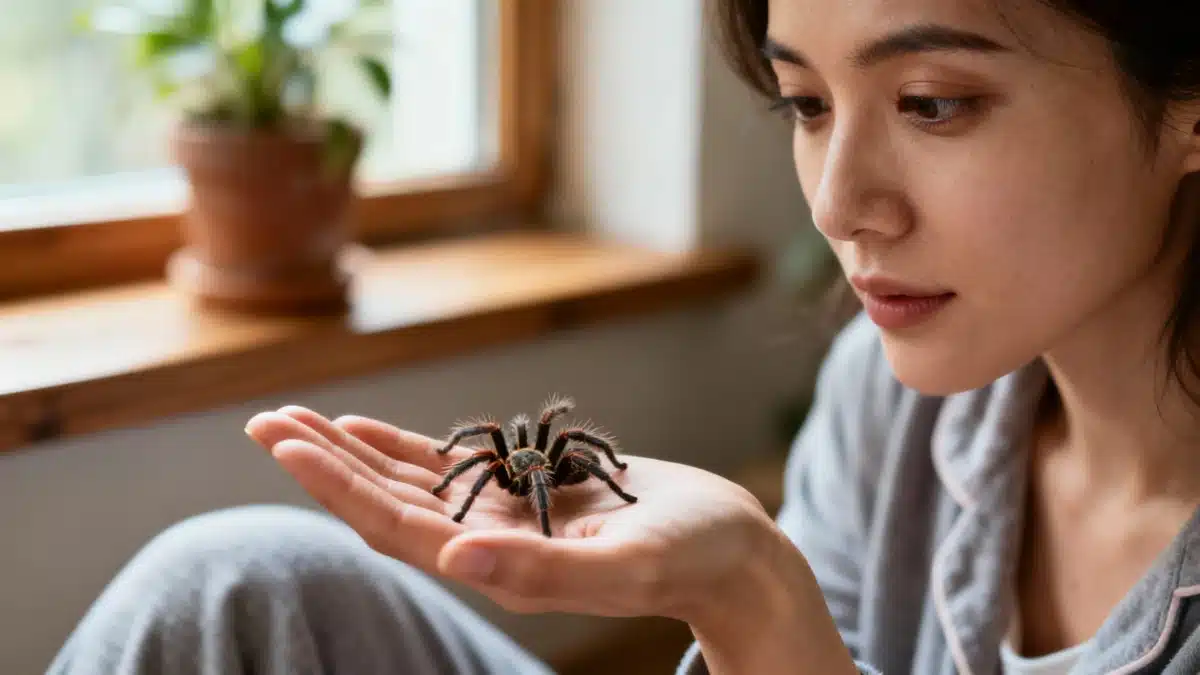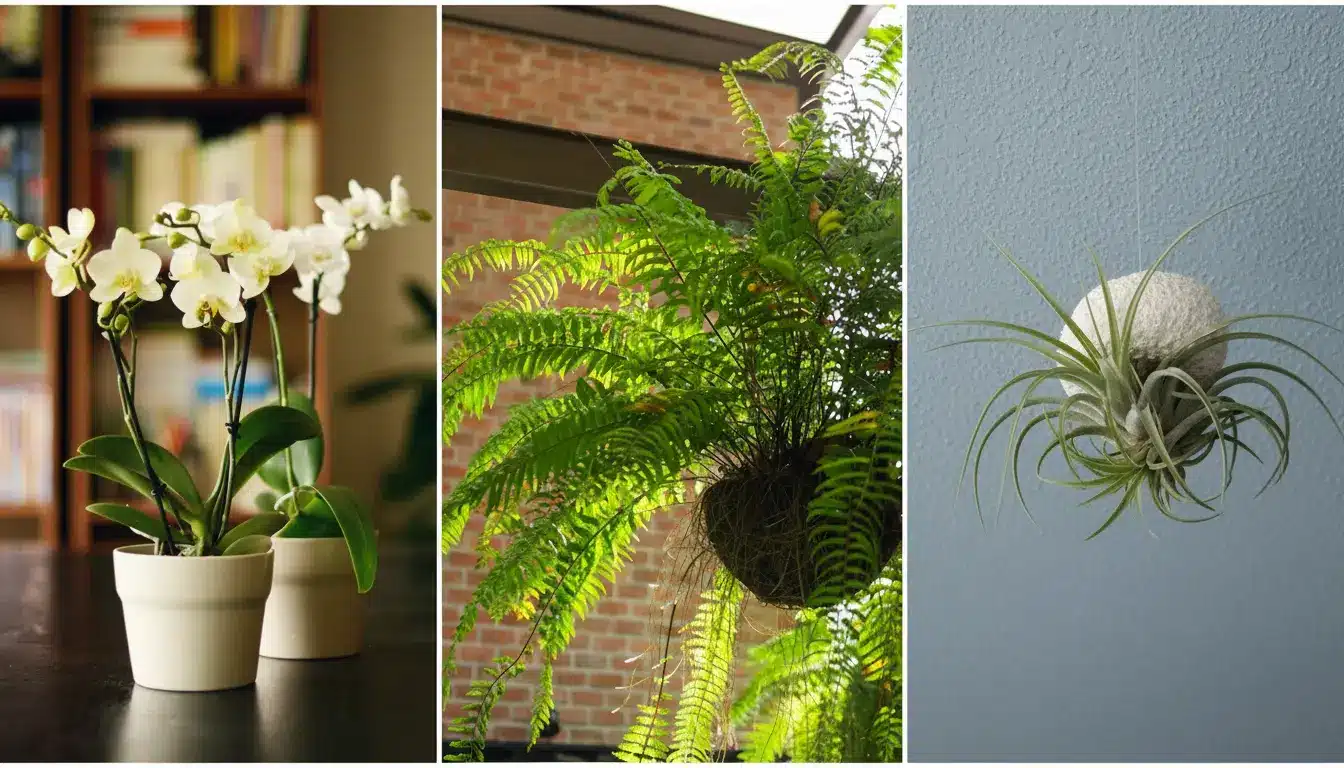Let’s face it: convincing you not to squash that spider skittering across your living room won’t be easy. But give me a chance before you reach for the nearest shoe—because, believe it or not, spiders are not only an important part of nature but also essential players in the bustling, miniature ecosystem we call home.
Why Spiders Are Always (and Unavoidably) at Home
We all love to pretend our homes are perfectly safe, hermetically sealed islands, snugly isolated from the havoc of the outside world. Here’s reality: countless types of spiders make their way inside. Some get stuck indoors by accident, some are mere fleeting visitors. But a handful of spider species truly thrive in our houses, living out their blissful, webby lives and even raising tiny, leggy families right under our noses.
For the most part, these arachnids are discreet roommates. Nearly every spider you spot at home is neither aggressive nor dangerous. In fact, many deliver free pest control, gobbling down nuisances from flies to, yes, even other spiders. Foster the right attitude, and you might just see those cobwebs as your own no-rent, on-call pest management service.
The Hidden World Under Your Roof
Let’s make it official. A team of entomologists (that’s science speak for bug-lovers) examined 50 homes in North Carolina, tracking down which arthropods set up residence beneath our roofs. The results? Every single home housed spiders—especially the charming house spiders and cellar spiders.
- House spiders and cellar spiders create webs and patiently wait for unlucky prey to stumble by.
- Cellar spiders sometimes abandon their webs to hunt down other spiders who trespass on their patch, luring « cousins » close by imitating prey, only to serve them as dinner.
This indoor wildlife may not announce itself, yet it’s there, conducting a silent drama in corners, basements, and forgotten spaces. And before you scoff—yes, if you looked hard enough, you’d find a few at your place too.
The Gift That Keeps On Giving: What Spiders Really Do
Spiders are generalist predators. That means they’re likely to eat pretty much anything smaller than themselves that wanders too close—bugs, pests, and sometimes fellow spiders. Spiders routinely catch organisms that are unwelcome guests, including insects known to carry diseases, such as mosquitoes. Fun fact: some African species of jumping spiders actually prefer to chomp on fully blood-filled mosquitoes. That’s both impressive and, frankly, more than a little heroic (especially if you’ve ever spent a summer night swatting at itchy bites).
- Regularly feed on household pests
- Help keep insect-borne diseases at bay by eating mosquitoes
- Compete with and sometimes eat other spiders
This isn’t a case for a free-for-all spider utopia, but it’s hard to argue with pest control that doesn’t need batteries, sprays, or monthly payments.
Facing Your Fears—and Making Peace
Let’s be honest: fearing spiders is normal—they have more legs than seems strictly necessary, and almost all pack a venomous punch. Still, for most species, their venom is so mild it poses little threat to humans (even if their fangs somehow managed to pierce our skin). Even professional entomologists aren’t immune to arachnophobia. Yet a few fearless arachnologists have tamed their own shudders after years of study and interaction. If they can do it, there’s hope for everyone.
Remember: spiders aren’t out to get you. They actually prefer to avoid humans—we’re far more dangerous to them than they are to us. Bites are rare. Most spiders keep to themselves, hiding in quiet corners. A few species, like the black widow and brown recluse, have a potent venom, but their bites are exceptions, and serious issues happen even less often.
If, despite all this, you simply can’t stomach sharing space with eight-legged squatters, there’s still a humane option. Instead of flattening them, try catching the spider (cup, paper, deep breath) and releasing it outdoors. The spider gets a new venue, and you get your peace back—a win for both sides.
But if you can tolerate them, know that having spiders at home isn’t a bad thing. In fact, it’s completely normal. And even if you don’t spot them, rest assured—they’re likely lurking somewhere out of sight anyway. So, the next time you encounter a spider, grant it a little tolerance. Your indoor ecosystem will be better for it, and who knows—you might even learn to appreciate your eight-legged companions.

John is a curious mind who loves to write about diverse topics. Passionate about sharing his thoughts and perspectives, he enjoys sparking conversations and encouraging discovery. For him, every subject is an invitation to discuss and learn.






